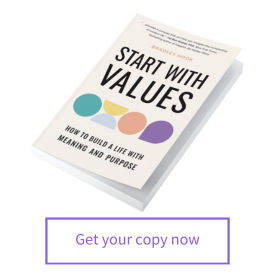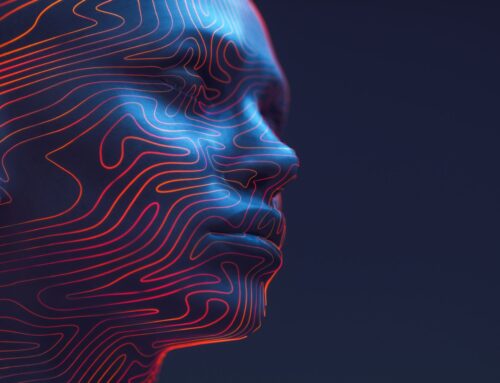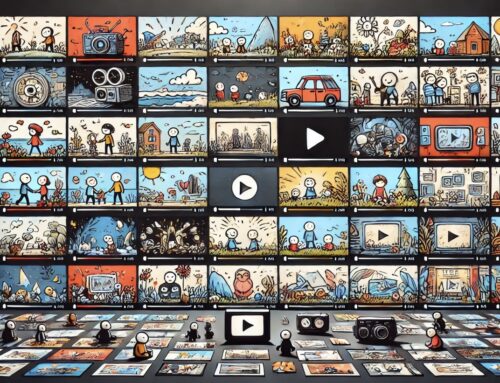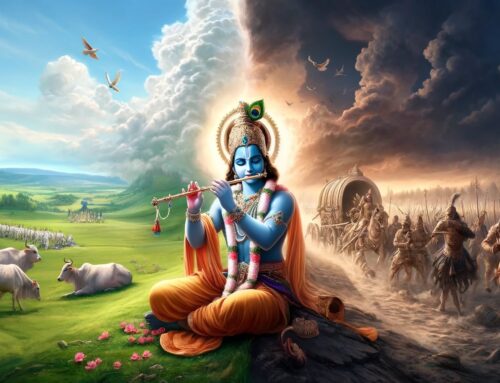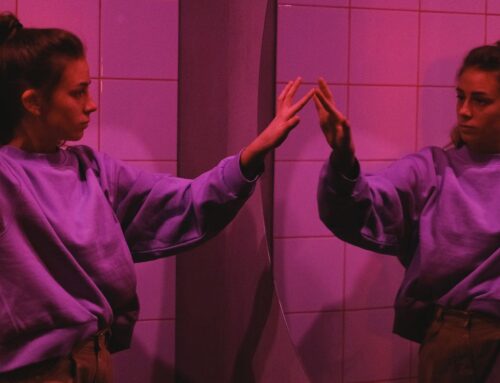Astrology was once held in high regard—woven into medicine, governance, and philosophy across ancient and medieval cultures. Only in the modern scientific era has it been dismissed as pseudoscience. But what if we’ve simply lacked the instruments—and imagination—to understand it?
Science, after all, evolves. Ideas once considered absurd—germs, dark energy, quantum entanglement, the COVID lab leak—are now accepted parts of our worldview. Perhaps astrology isn’t nonsense. Perhaps it’s just premature.
Let’s imagine a future where we prove astrology to be real—not as mysticism, but as subtle science.
A Cosmic Fingerprint
Every person is born into a moment. A specific slice of space-time, shaped by gravitational tides, radiation levels, and electromagnetic conditions. Could that moment leave an imprint?
We already know light affects us. Blue wavelengths delay sleep. Seasonal light shifts impact mood. Red light may support cognition. We respond to frequency.
We know magnetic fields affect the brain. Transcranial Magnetic Stimulation (TMS) alters mood and behavior. Solar storms correlate with spikes in anxiety, depression, even heart attacks.
We know radiation shapes biology. Astronauts exposed to cosmic rays report cognitive and emotional changes. Earth receives a low dose of this radiation every second, modulated by solar activity and planetary position.
We know animals navigate by sensing the Earth’s magnetic field and celestial cues. If birds, turtles, and bees can feel the sky, is it arrogant to assume we can’t?
Perhaps we, too, are tuned to a field we’ve forgotten how to read.
The Birth of Astro-Neuroscience
Now imagine this: AI-powered observatories track planetary alignments and solar patterns across decades. Neuroscientists map these events to subtle brain differences in newborns.
Patterns emerge. People born during certain alignments show slightly more sensitivity. Or creative cognition. Or reactivity. Nothing deterministic—just influence. Like genes. Like environment.
This becomes a new field: astro-neuroscience. Not about fate, but about frameworks. A way to better understand how conditions at birth might shape how we respond to life.
The Cosmic Genome
What if personality arises not just from DNA and experience—but from a third factor? A cosmic layer. A rhythm we’re born into, like music already playing.
Call it the cosmic genome. Not something written in stone, but something sung into us. A harmony of energy fields, gravitational resonance, and radiation signatures.
Just as your genes don’t determine your path, this cosmic imprint wouldn’t dictate your destiny. But it might influence how you start—how you respond, where you lean, where you feel flow.
In this future, we don’t mock astrology. We refine it. Ground it. Strip away the superstition and work with what’s useful.

A Tool for Self-Awareness
We already use models with no hard science behind them: Enneagram, MBTI, even Human Design. They help people name patterns, reflect, grow. Astrology, when approached wisely, could do the same.
Not to predict the future. Not to assign labels. But to invite reflection.
What if, as a Projector or a Pisces or a Lunar being, you felt seen—not boxed in? What if your chart helped you identify your energy signature? Your natural rhythm?
What if it helped you live more intentionally?
That’s where astrology becomes valuable. As a tool for self-understanding—not as dogma.
A Universe of Subtle Influence
We live in a world shaped by forces we can’t see. Gravity. Magnetism. Radiation. Emotions. Values. Culture. None of them are visible. All of them are real.
It’s not hard to imagine that the cosmos—so vast, so structured, so rhythmic—might affect us in ways too subtle for our current tools.
The microscope revealed microbes. The EEG revealed brainwaves. The James Webb telescope revealed galaxies beyond time. Perhaps one day, a new instrument will reveal the ways in which we are energetically shaped by the moment we arrive.
And perhaps astrology, long ridiculed, will be reframed as early intuition. Mythology that gestured at something real.
Final Reflection
We are not separate from the universe. We’re made of its dust. Bathed in its radiation. Moving in its rhythm. To think we are untouched by the stars is to forget we are the stars.
Whether or not astrology is ever proven, it offers a powerful invitation: to wonder, to observe, to imagine more deeply how our lives are entangled with the cosmos.
And that’s a question worth sitting with—not to find the answer, but to feel its depth.
✨ Start With Values
Receive $400 of bonus resources with any order of my new book,Start With Values (Penguin Random House).
Written by : Brad Hook
Brad Hook is a writer, podcaster, speaker and entrepreneur. He helps individuals and teams achieve sustainable high performance through inspiring workshops and a powerful suite of digital tools. Discover his new book, Start With Values (Penguin Random House), — available now!
Stay connected with Brad
BE NOTIFIED ABOUT EVENTS and receive the latest tools and tips first
We will never share your email with others.

